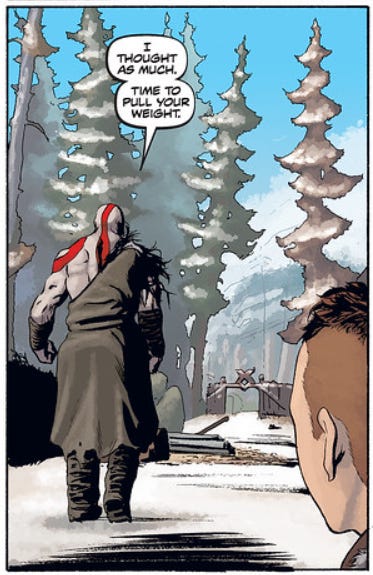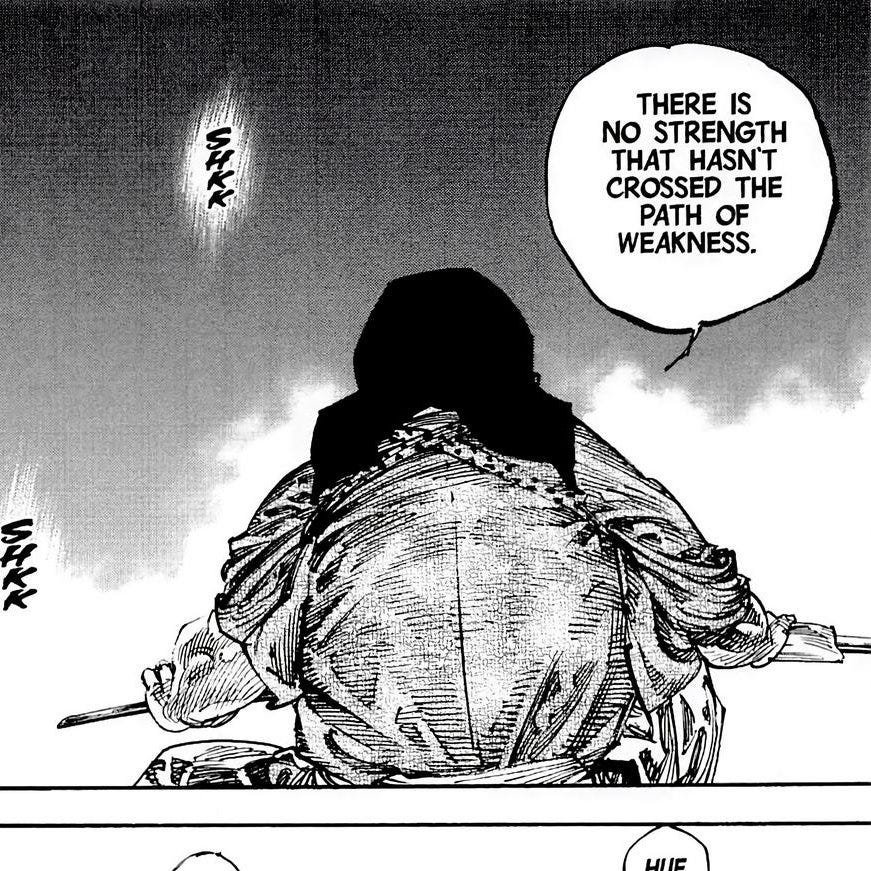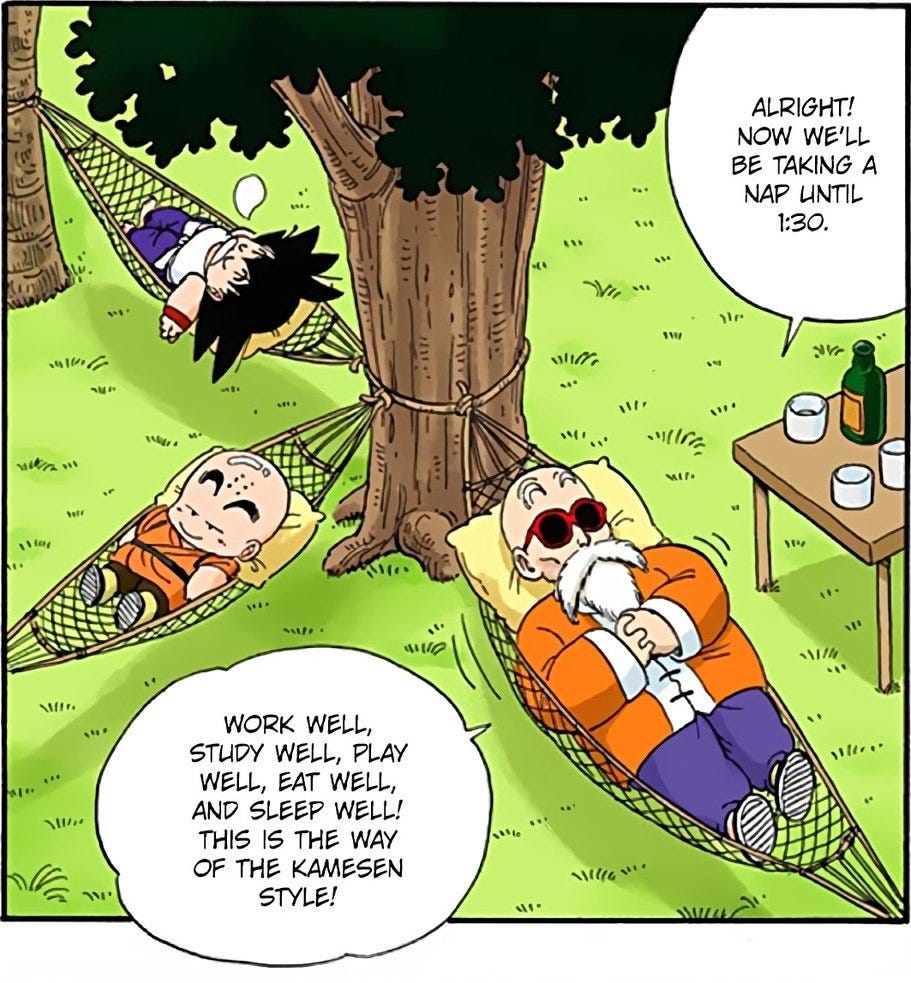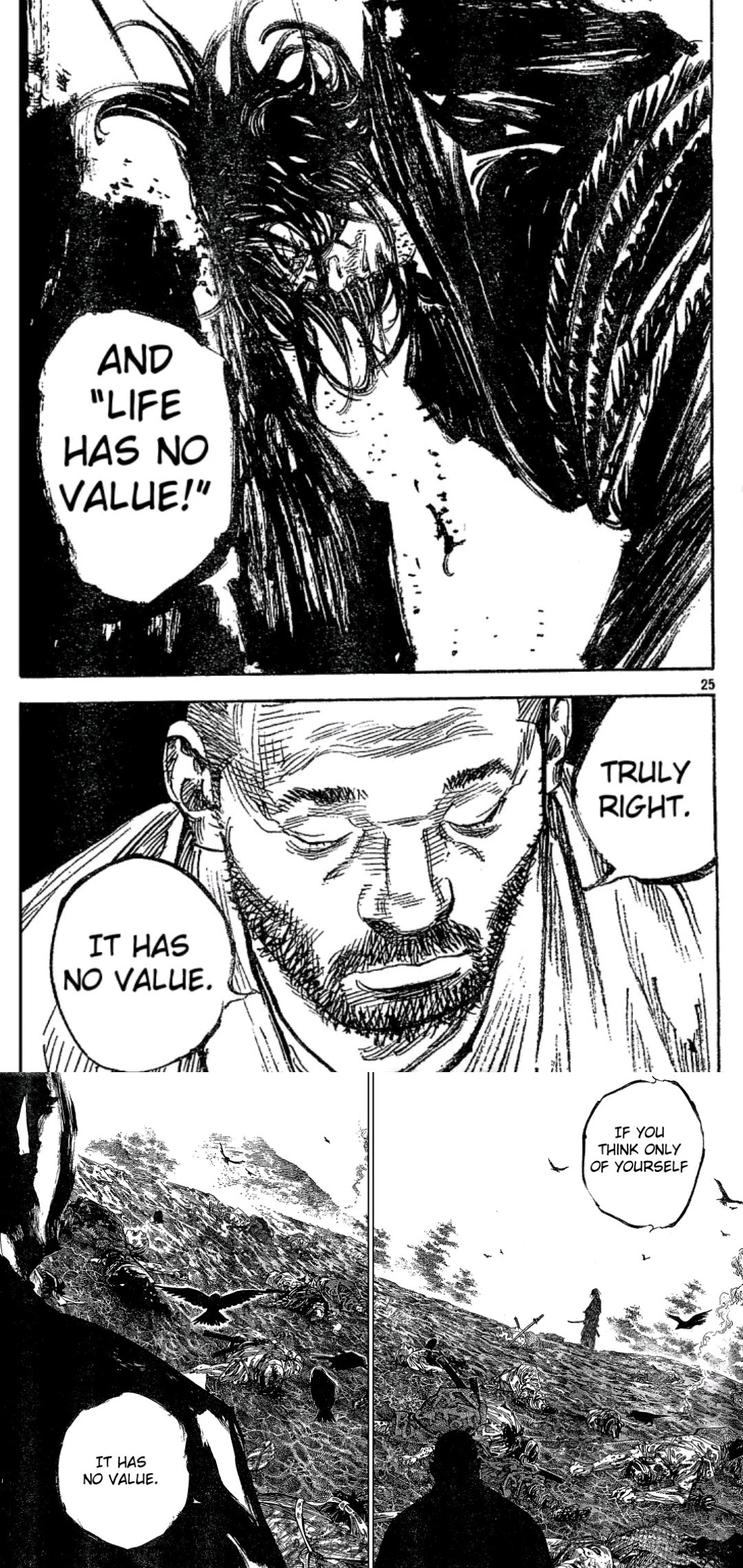We’re almost there, folks. I have one more week of work before I can put my feet up, play Elden Ring, and eat chocolate for breakfast for two weeks. The holidays are a glorious time, but like any indulgence in life, they’re usually followed by an intense self loathing and shame. January is a month long hangover where you struggle to remember how to do your job with a mouth full of salad.
Notoriously, the sorts of life changing resolutions we make on January 1st are short lived. All of us have set a goal before, only to sheepishly pretend we forgot about it by the time February rolls around. I’m pretty guilty of this. When I was younger I’d set certain goals like “Run every day” or “Eat no junk food” that would inevitably fall by the wayside. Fortunately, I have a bit more success these days. I’m not a stoic sage (last night I ate an Indian takeaway alone and played Helldivers 2 for three hours), but I am better than I used to be. I have shown some semblance of progress over the course of the last decade.
I think the stickiness of my improved habits is largely because I’ve improved my mindset and how I think about things, rather than because I set a few ultra specific goals that I successfully adhered to through gritted teeth. I used to think of progress as a to-do list. If I just exercise, meditate, eat well, and get enough sleep, then I’ll be a better man. Being a better person just is a composite of all these small decisions. However, nowadays I think progress is more hazy than that. I’ve found that what progress I’ve made was really a product of living with better ideas, and not because I said I’d quit chocolate on New Year’s Day.
Be Your Own Parent
There’s two types of people in the world; those who still think someone’s coming to save them, and those who realised no one will. If you ask people which group they’re in, almost all of them will say the latter. No one goes around saying they need to be looked after by a parent at aged 26. However, sometimes if you pay attention to their actions, you’ll see something different.
At 22, I would’ve said that I was responsible for myself, sure, but I didn’t really live it. I didn’t think long term, I drank way too much alcohol, and when things went poorly for me I looked for other people to blame. My inner monologue was self pitying, and there was a tacit belief that I didn’t deserve any of the adversities I had the bad luck of running into.
Then my dad died, and I realised I was the one steering the ship.
I always thought that disciplined people just didn’t have that voice in their head telling them to take it easy. My friends who exercised had no idea how hard it is for me to go out and run. They don’t get it, when I go out to run I really don’t want to - so what am I to do??
I later learned we all have that voice, and it’s just that some people have cultivated the ability to ignore it. I’ve managed to progress now because I’ve started to see myself as a child I’m responsible for looking after. I basically had to become my own Dad. I don’t feed myself junk food every day the same way I wouldn’t feed my niece junk every day. When I start saying things like “I’ll just go to the gym tomorrow”, I hear the wailing of a school child feigning illness to get out of English class. Eventually you reach a point where the whining voice is just noise that you have to respond to with “Yeah yeah, I know, but this is what we do now. Get over it.”. You then drag yourself kicking and screaming to the fruit and veg aisle the same way your mum used to.
Crisis as Opportunity
I really hate fucking up. I also really hate when the world fucks my shit up. If there is a fuck or shit of any kind going in the direction of up, I am not a happy man. However, it turns out that those sorts of things happen from time to time because we still live in the shitty real world, instead of the Full Dive VR one I intend on spending my retirement in.
I used to have a popular, but not so useful approach to adversity - despair. When things go wrong, it’s time to start blaming. It’s time to start extrapolating into the future and seeing all the ways this bad thing has screwed things up. It’s time to start wishing for an alternate timeline where the bad thing didn’t happen and your life was perfect. It’s time to wrap yourself up in a duvet, shut the blinds, and listen to Elliott Smith for an evening. Unsurprisingly, this approach does very little except make us miserable.
So, we need a new approach. One useful way of keeping cool in stressful situations is to see them as an opportunity to test yourself instead of an insurmountable obstacle. Made a mistake a work? It’s a chance to take responsibility and show humility. Stuck in traffic? It’s an opportunity to reflect on the last few days and regroup. Need to have a tough conversation with a friend? It’s an opportunity to be couragous and show them compassion.
In 1965, James Stockdale crashed his plane in North Vietnam and ended up being held as a prisoner of war for seven and a half years. Despite living in squalid conditions, and being subjected to unspeakable torture, he managed to keep his head.
“I never doubted not only that I would get out, but also that I would prevail in the end and turn the experience into the defining event of my life, which, in retrospect, I would not trade.”
Now, I hope that no one reading this is ever tested quite to that extent, but the principle is useful to all of us. When you see adversity as not only guaranteed, but necessary for a better life, then you can start to welcome it. You’ll almost be disappointed when things go too well, because you won’t get the chance to see what you’re capable of. Even pain is useful if you insist on never letting a crisis go to waste.
Habits Not Results
I'm fairly comfortable now saying that I’ve developed a gym habit, but I never used to have one. I’ve probably tried to start a habit at least 20 times if you include all the occasions I started doing push ups in my room when I was 13. Inevitably though, the habit would decay, and I would bounce back to my baseline of doing nothing.
My problem was, I’d be motivating myself to get somewhere instead of becoming someone. I’d look at videos online of people getting great results after some arbitrary amount of time, and say to myself “I want to get big” or “I want to bench X amount”. This didn’t work, because it turns out gym progress is really slow, and your initial wave of motivation doesn’t last nearly long enough. Trying to power a new habit by motivation alone is like pouring petrol into a diesel engine - it’s just the wrong type of fuel.
The only way I was ever able to make a new habit stick was to let go of what the habit was trying to achieve. Instead I made the habit itself the goal. I stopped setting the goal of looking a certain way, and instead set the goal of being the sort of person that goes to the gym. By setting the doing as the end goal instead of the result, I was able to succeed by just showing up, which in turn made me want to turn up more - which funnily enough meant I got the results I wanted.
Instead of setting impossible goals for yourself, set the intention to be the person with the habit you want. Eventually, you may find it’s harder to give up the habit than it is to keep it going.
Duty as Joy
There’s a phrase I find myself liking more and more as I get older. I don’t know who said it.
“I slept and dreamt that life was joy. I awoke and found that life was duty. I acted, and behold, duty was joy.”
Like the whole “not trying to get strong is actually the way to get strong” thing, this is another one of those counter intuitive ideas. If you think mostly in terms of your own wellbeing, and how you can get what you want, you always end up unhappy.
Happiness suffers from an observer effect. The more you try to get it for yourself, the more it vanishes. I think this is partially responsible for a lot of adolescent people being less happy than older people. When I was younger, I mostly thought in terms of myself, and failed to realise that wellbeing is more complex beast than procuring pleasure alone.
Wellbeing is ambient. It simmers in the background, and refuses to boil if you stare at it all day. In hindsight, there are a lot of decisions I regret that I foolishly thought would grant me lasting happiness. However, you know what I’ve never regretted? Doing something for someone else!
A pretty good correlate for wellbeing is how little you regret what you’ve done in life. If you look back and wouldn’t make different choices, chances are you’re pretty happy with how things turned out. So, it only makes sense that putting a bigger focus on other people (a thing we rarely regret) results in our own lives feeling fuller and more meaningful. It’s pretty corny and The Secret-esque, but you do basically get back what you give out in life.
I didn’t realise until my mid twenties, because until then I didn’t really consider what I owed other people and animals, but duty does have a strange way of being joy. It’s painful in the moment to sacrifice, sure, but it’s like a vaccination. The initial pain gives way to an improved ambient wellbeing and resilience. The gains in self respect translates to a mind that treats itself more kindly. By being a better friend to others, you find it easier to be a friend to yourself - and that makes for a pretty chill life.
Some habits that I’ve found improve my wellbeing this way:
Trying to be a better brother/son/uncle.
Smiling at people more when I enter stores, receptions, etc.
Not punching people when they stop in front of me suddenly in the street (warning: impossible).
Small things compound, I find.






Thanks so much for sharing this. Like you, I make the most progress in life when I make it my goal to be the type of person who runs and works out regularly, rather than *looking* like the person who runs and works out regularly.